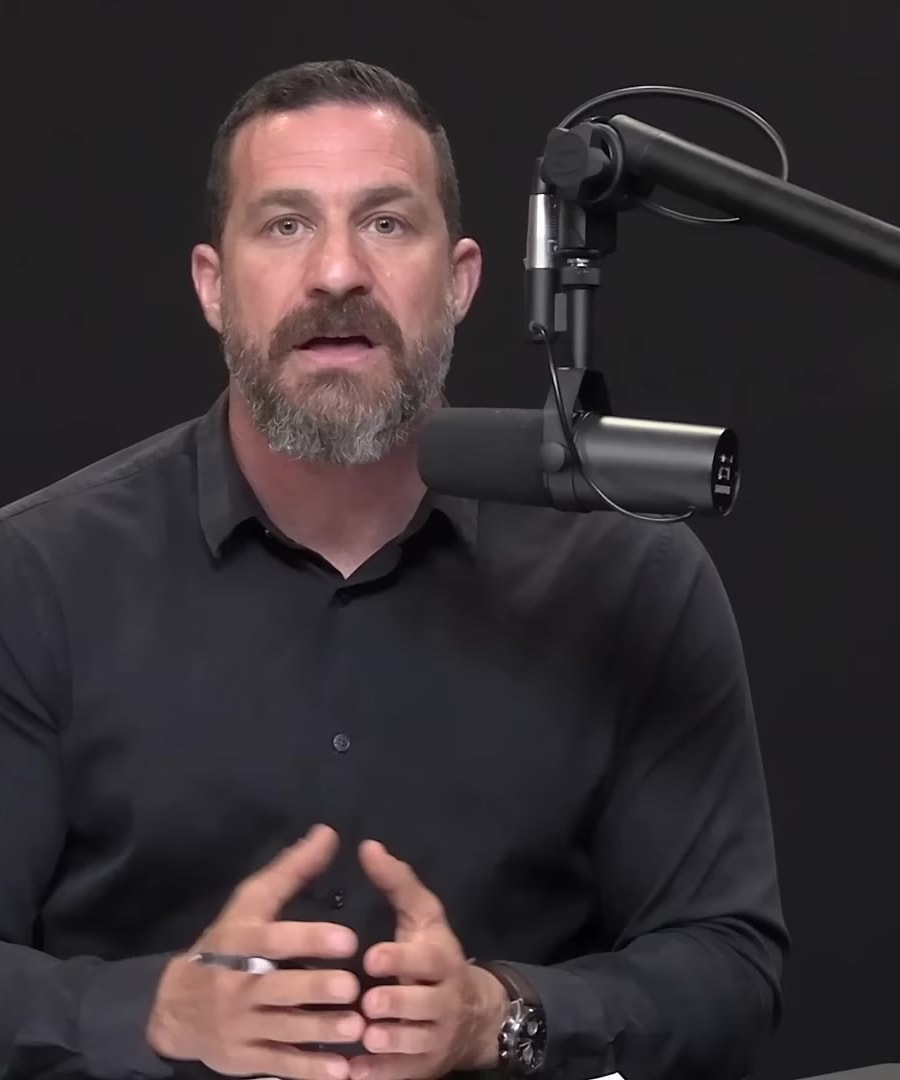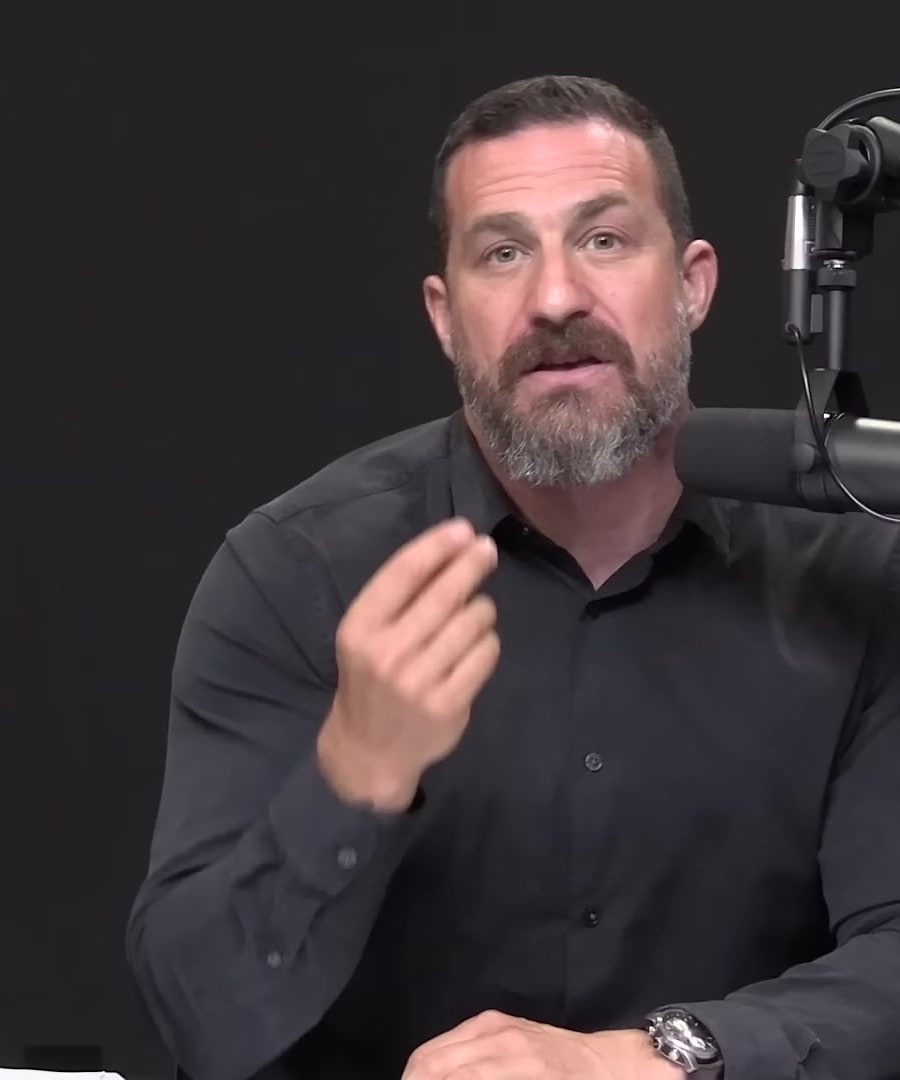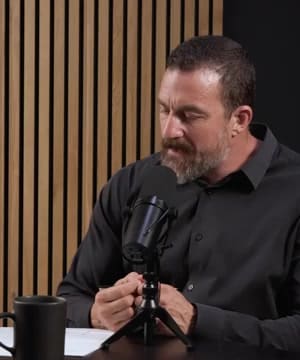how do stimulants affect children for ADHD?
Sources:
Stimulants used for treating ADHD in children, such as Adderall and Ritalin, have complex effects. They don't merely increase activity; instead, they enhance the balance of neurotransmitters like dopamine and norepinephrine in the brain. This modulation allows the prefrontal cortex to better coordinate neural circuits, resulting in improved focus and decreased hyperactivity 1.
Key Effects of Stimulants on Children with ADHD
-
Improved Focus: Stimulants help activate brain networks that are essential for focus, allowing children to concentrate on tasks that they find uninteresting 1.
-
Neuroplasticity: These medications not only help manage symptoms but also promote neuroplasticity, strengthening neural connections over time. This can lead to long-term improvements in attention and focus even after the medication is stopped 2.
-
Reduction of Substance Abuse Risk: Contrary to concerns, early treatment with stimulants has been shown to reduce the risk of future substance abuse in children with ADHD 3. They reportedly help normalize addiction rates for these children as they mature 3.
-
Managing Impulsivity and Hyperactivity: Stimulants help mitigate impulsive behaviors by tuning the brain’s response, which can calm children down and help them focus better in various situations, not just those they find enjoyable 1 4.
-
Individual Sensitivity: The effects can vary widely among children based on individual sensitivity to medication and the specific type of ADHD they have (e.g., some may be more inattentive than hyperactive) 5.
Considerations
- Dosage and Monitoring: Proper dosage and careful monitoring by qualified healthcare professionals are crucial to achieving the desired effects while minimizing potential adverse effects like anxiety or euphoria 5 4.
- Comprehensive Treatment: An effective treatment plan often includes behavioral therapy, educational support, and nutritional strategies alongside medication 4.
Stimulants have become a cornerstone in managing ADHD symptoms, significantly aiding children's development when used judiciously and under professional guidance.
RELATED QUESTIONS-
how do stimulants affect children for ADHD?
- RELATED QUESTIONS




